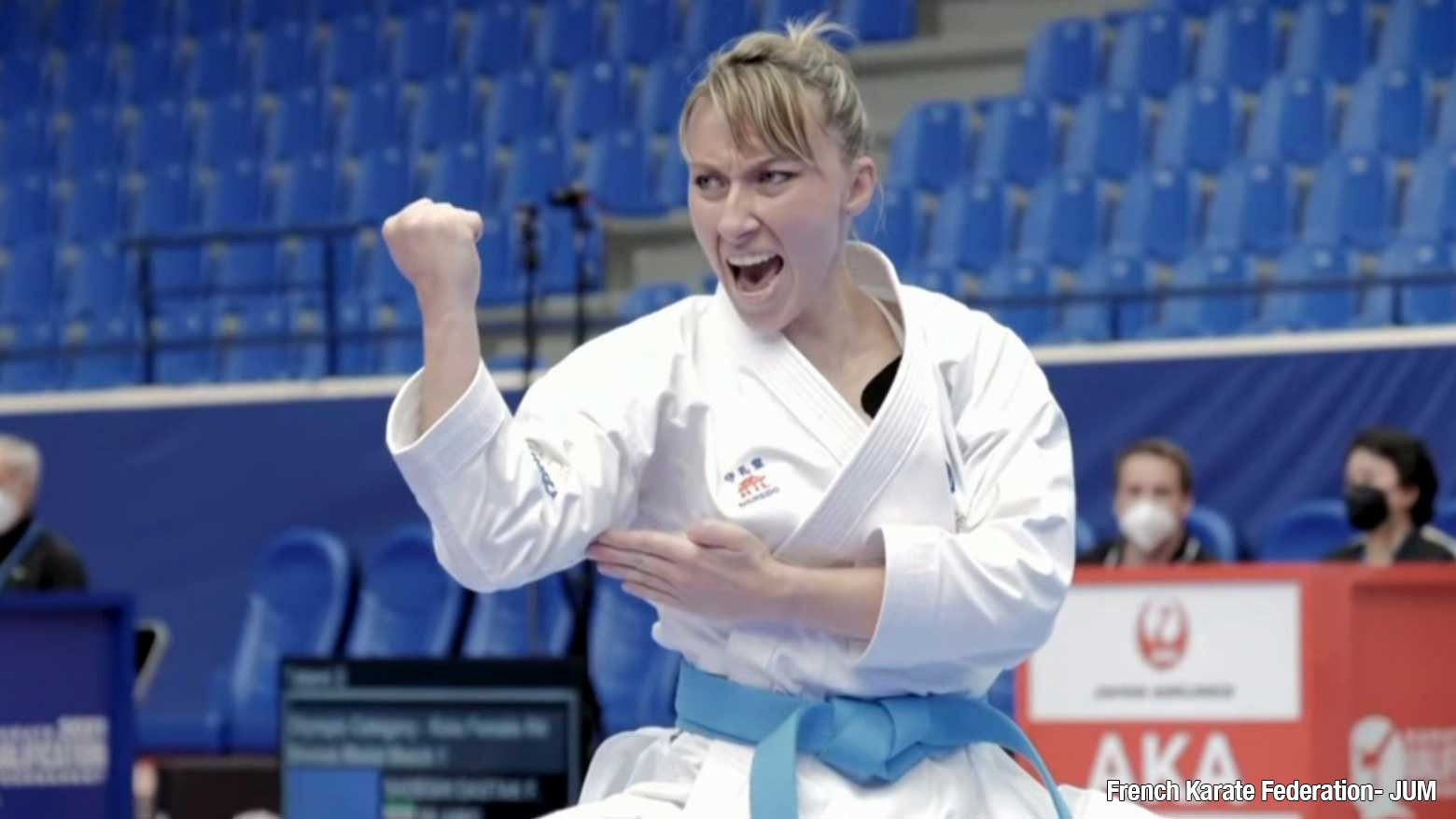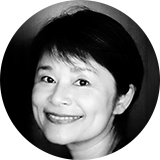France’s Alexandra Feracci is one of the karate practitioners who had long wanted to compete at the legendary Budokan. She took up karate in 1997, at the age of 5, in her hometown of Ajaccio, the capital of Corsica.
Her younger sister Laetitia soon followed, and the sisters excelled, competing in national and European championships. Part of that success can be attributed to their teacher, a Japanese master by the name of Nakahashi Hidetoshi, who believed they had the potential to be world-class.
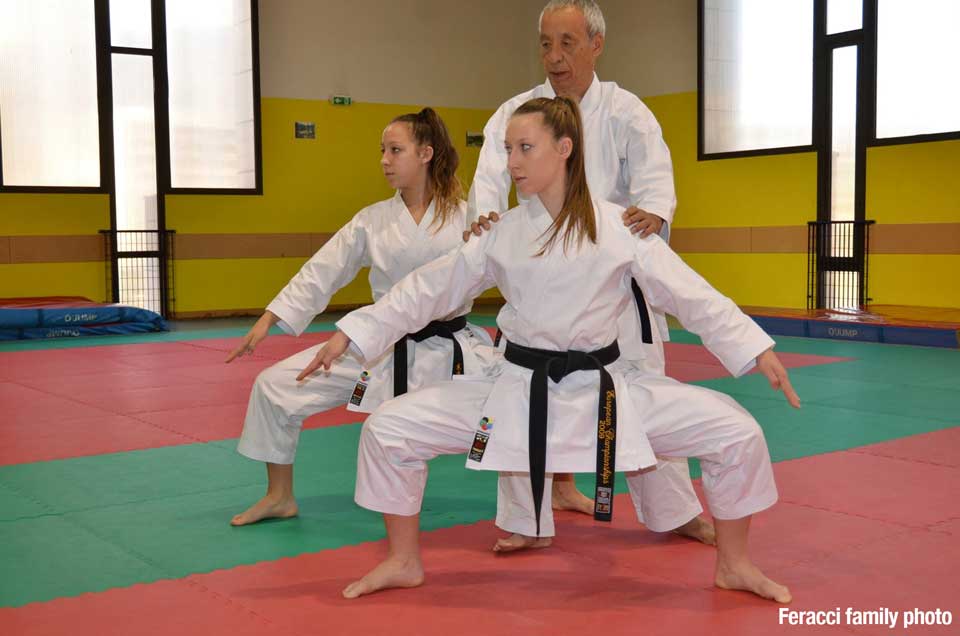
Karate originated in Okinawa. In ancient times, it was passed down with secrecy through certain families. But some key figures introduced the martial art to the mainland in the early 20th century. Grandmaster Mabuni Kenwa was among them. He established “Shito-ryu”, which became one of the leading styles of karate, and he started teaching in western Japan. Karate quickly became a very popular sport.
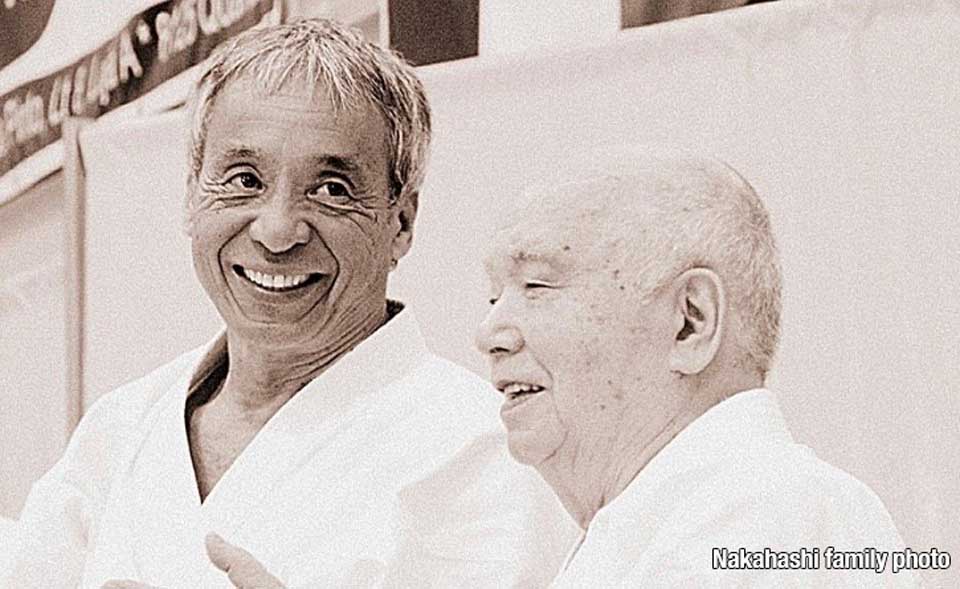
Nakahashi studied under Mabuni’s son Ken-ei, who wanted to spread the karate spirit of peace even further, internationally. So Nakahashi moved to Europe in 1976. When he was invited to teach in Corsica, he met a beautiful young woman at a restaurant in Bastia. “He couldn’t speak French at all and needed someone who could teach him the language. So I became his teacher”, recalls his future wife, Marie-Jo.
Despite the language barrier, she found him to be “very funny and kind”. The pair fell in love and got married in 1978. Nakahashi set up a karate school in Bastia. Jean-Michel Feracci, Alexandra's father became one of his students. Nakahashi taught not only technique and skills, but also the spiritual element that karateka must uphold peace. He shared his knowledge across Europe, the United States and South American countries. “Karate was his passion, he lived it, he ate it, and slept it,” says Marie-Jo.
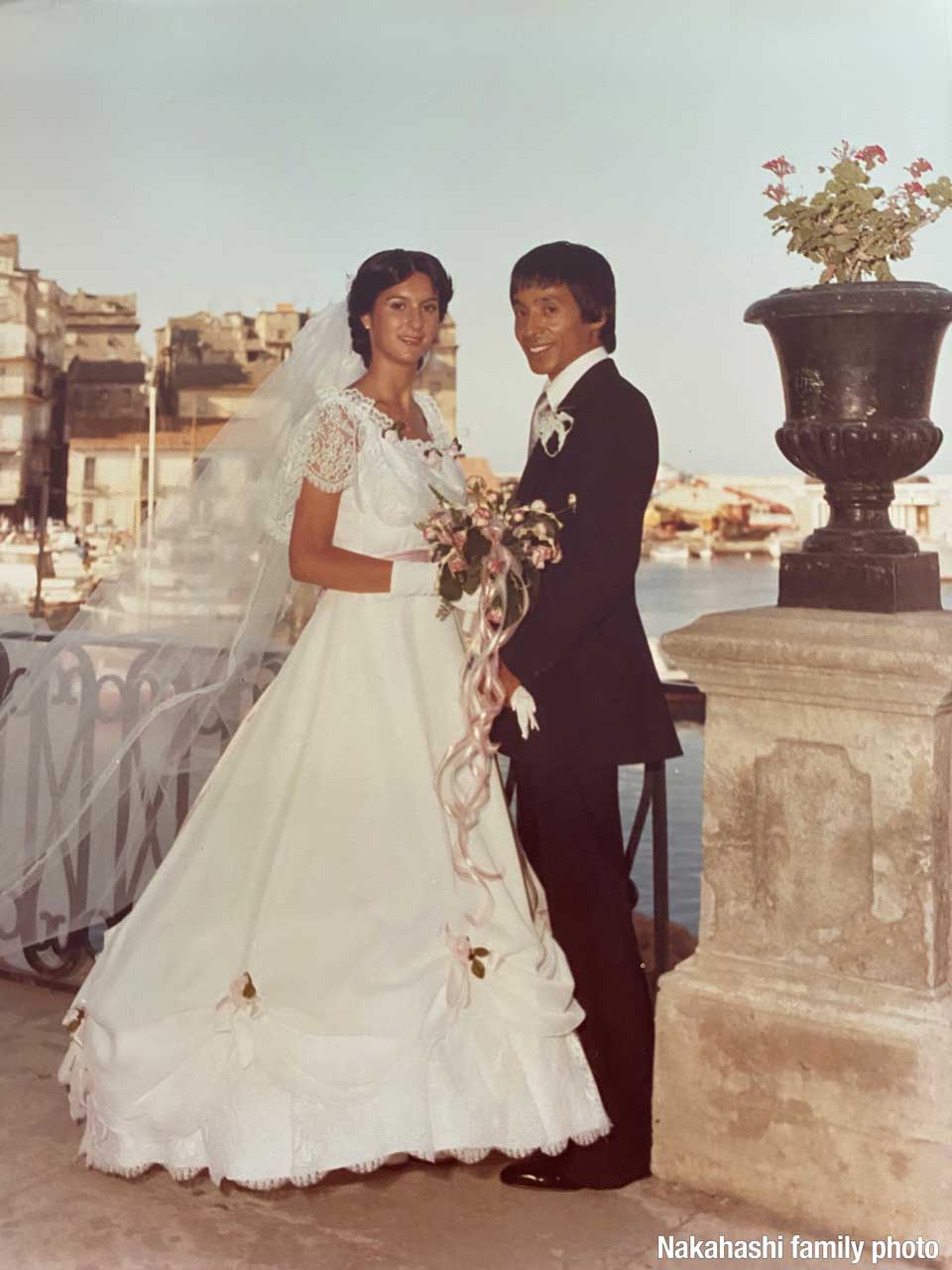
And so Nakahashi was overjoyed when it was announced, in 2016, that karate would be featured at Tokyo 2020. He was eager to train some of the karatekas who would take part, and wanted to travel to Tokyo to watch the Games. But a battle with stomach cancer intervened and he died aged 75 in 2019.
His daughter Erika was cheering for Alexandra Feracci from her home in Corsica. “My father had so wanted to come to his native land to watch the Olympics. I believe my father’s spirit will be present to see Alexandra fight,” she said.
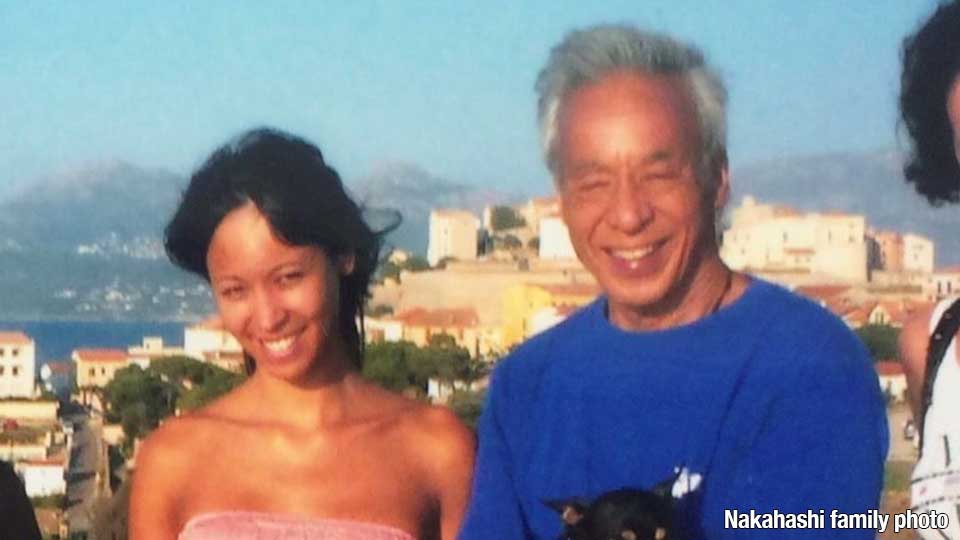
Feracci was thinking of him too: “I think Nakahashi-sensei would tell me to have confidence in myself and ‘ganbatte!’ (do your best),” she said. The 28-year-old put on a powerful and elegant display, but was eliminated after finishing fourth in her pool.
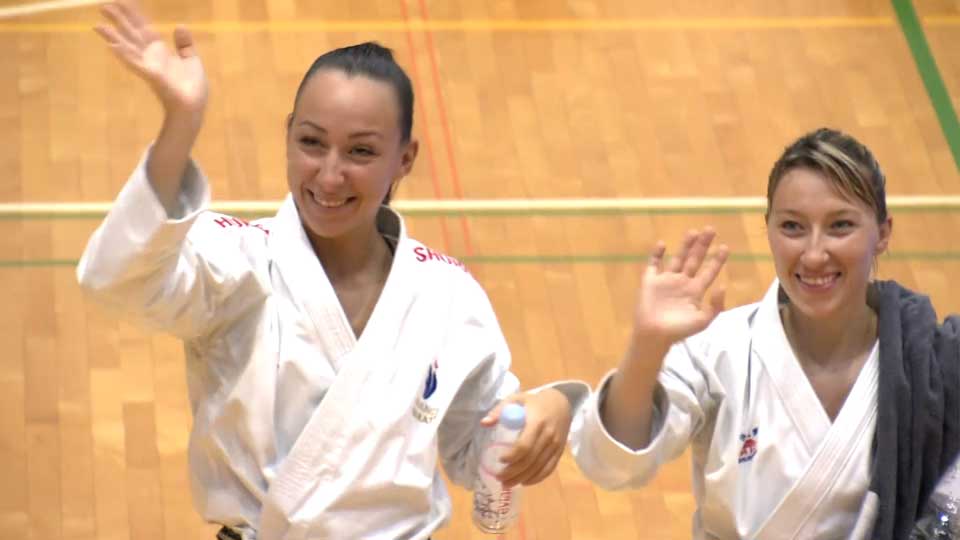
In all, some 80 competitors from 35 countries and territories, plus the Refugee Olympic Team, participated in the karate program. The sport has been dropped by the 2024 Paris organizers and its Olympic fate is unclear. But Tokyo 2020 was a proud moment for all the people who worked hard to spread the karate spirit of peace from Okinawa to the rest of Japan and then to the world.

